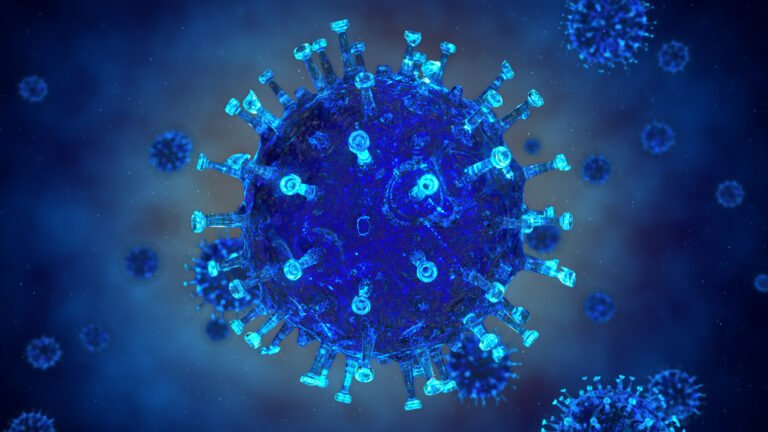
Herpes is an infectious disease characterised by sores also known as fever blisters or cold sores. It is spread by a virus called Herpes Simplex Virus (HSV) which is further classified into Herpes Type 1 (HSV-1) and Herpes Type 1 (HSV-2). Although HSV-1 causes oral sores, that is, blister formation on the mouth, face, lips, nose, or tongue; genital sores are caused by HSV-2 through sexual contact.
For people affected by the HS Virus, it can go dormant for long periods until being triggered by several factors such as:
- Fatigue
- Physical or emotional stress
- Mild to serious general illnesses
- Trauma to affected areas including physical intimacy
- Immunosuppression such as chemotherapy, steroids, etc.
- Menstruation
- Severe disease
In immunocompromised people, such as those with advanced HIV infection, frequent recurrences of HSV-1 with severe symptoms have been observed. Although extremely rare, it has even led to more severe complications such as encephalitis (brain infection) or keratitis (eye infection).
- Neonatal herpes
Neonatal herpes can occur when an infant is exposed to the HSV virus in the genital tract during delivery. Neonatal herpes occurs in an estimated 10 out of every 100,000 births globally. It is a rare but serious condition that can lead to lasting neurologic disability or death.
- Psychosocial impact
Herpes has an important impact on quality of life and sexual relationships.
Diagnosis of Herpes Simplex
Because the symptoms are visible, diagnosis is not that difficult, especially in the case of oral herpes. However, it is essential to determine the virus type if the healthcare provider is uncertain. A blood test followed by RT-PCR, DNA/RNA tests or virus cultures is often recommended.
Can Herpes Be Cured?
There is no cure for herpes simplex. Once infected, the virus resides in the body of the person lifelong. The virus lies inactive in the nerve cells until something triggers it to become active again.
It is best to search for a ‘dermatologist near me’ or consult an internal medicine doctor.Usually, antiviral medicines are recommended for hsv treatment or infectious diseases treatment, which can shorten outbreaks, relieve discomfort and stop symptoms from getting worse.
There are some home remedies that can provide temporary relief to the blisters and help them manage herpes symptoms:
- Dabbing cornstarch onto the affected area
- Squirting water from a bottle onto blisters to ease the pain while urinating
- Applying aloe vera gel to sores
A person might also try:
- Taking pain relief medication, such as acetaminophen or ibuprofen
- Bathing in lightly salted water or soaking in a warm sitz bath
- Applying petroleum jelly to the affected areas
- Wearing loose clothing to avoid irritation
- Refraining from sexual activity, even with protection, until symptoms have gone
- Applying a cream or lotion to the urethra before urinating, such as one that contains lidocaine
Misdiagnosis of Herpes
In a recent ASHA survey of 369 people diagnosed with genital herpes by a healthcare provider, more than 26% said they were diagnosed with a visual exam alone. It’s clear that knowing the virus type is important, but 30% of respondents in the survey said they were either not told, or it was because the healthcare centre was unclear about the virus type.
If you have been struggling with oral or genital blisters and not experiencing relief even with the present treatment it is time to seek a second opinion with an internal medicine doctor or the best dermatologist in Delhi. SeekMed offers you easy access to internal medicine doctors and while searching for the ‘best dermatologist near me’ you will be redirected to accomplished medical professionals who can help you improve your health by optimising the treatment recommended.